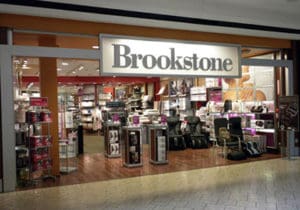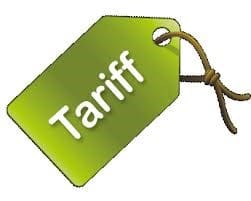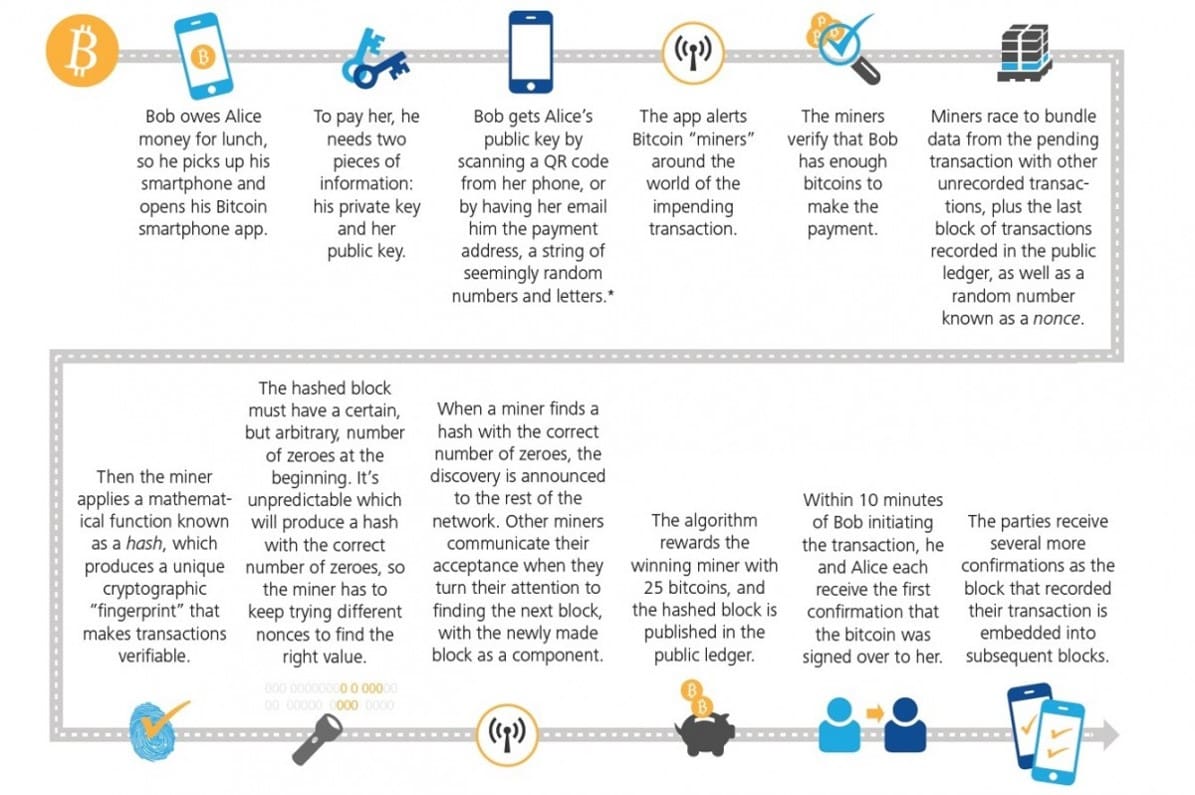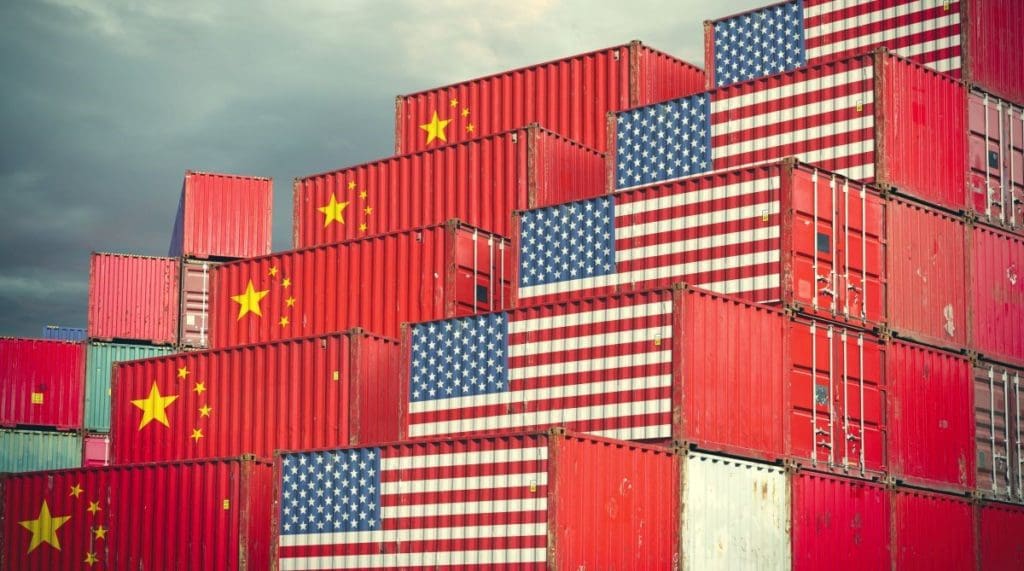 The stock market has been in the news a lot lately over the past few weeks. This is due to the volatility of the market as it has experienced huge swings just this week alone. On Wednesday, the DOW was down over 300 points, with losses picking up right after the release of the Federal Reserve’s meeting minutes, which showed concerns about the long-term benefit of President Trump’s tax cuts. The swings are also attributed to rising interest rates which has some investors skittish about the overall health of the market. But, market volatility we have seen this week is nothing compared to what happened 31 years ago today: Black Monday. On Monday, October 19, 1987, stock markets around the world crashed. By the end of October, markets had fallen in Hong Kong (45.5%), Australia (41.8%), Spain (31%), the UK (26.5%), the US (22.7%), and Canada (22.5%). Luckily, the recovery was quick, and by the end of January, the DOW was up significantly. However, Black Monday serves as a reminder of just how quickly the market can drop, and the impact on the global economy. With interest rates rising and trade wars ongoing, market volatility should be expected for some time. And now on to this week’s logistics news.
The stock market has been in the news a lot lately over the past few weeks. This is due to the volatility of the market as it has experienced huge swings just this week alone. On Wednesday, the DOW was down over 300 points, with losses picking up right after the release of the Federal Reserve’s meeting minutes, which showed concerns about the long-term benefit of President Trump’s tax cuts. The swings are also attributed to rising interest rates which has some investors skittish about the overall health of the market. But, market volatility we have seen this week is nothing compared to what happened 31 years ago today: Black Monday. On Monday, October 19, 1987, stock markets around the world crashed. By the end of October, markets had fallen in Hong Kong (45.5%), Australia (41.8%), Spain (31%), the UK (26.5%), the US (22.7%), and Canada (22.5%). Luckily, the recovery was quick, and by the end of January, the DOW was up significantly. However, Black Monday serves as a reminder of just how quickly the market can drop, and the impact on the global economy. With interest rates rising and trade wars ongoing, market volatility should be expected for some time. And now on to this week’s logistics news.
- BluJay acquires ERA Systems
- The Post Office wants to raise the fees it charges Amazon and other shippers
- President Trump moves to pull U.S. out of 144-year-old postal treaty
- UPS rolls out My Choice to additional continents in largest rollout yet
- Uber targets trucking with new trailer rental service
- Yamato agrees to jointly develop flying delivery trucks with U.S. firm
- Heat and drought could threaten world beer supply
- Panama Canal weighs in with record tonnage
![]() BluJay Solutions has agreed to acquire ERA Systems, a Genoa-based provider of customs solutions. BluJay Solutions is built on its Global Trade Network, which consists of transportation, warehouse, compliance, commerce, network, and logistics-as-a-service, and connects over 40,000 shippers, carriers, forwarders, and technology partners. According to BluJay CEO Doug Braun, “the global, multi-country customs platform is becoming a reality. We are fortunate to have a dynamic and dedicated team like ERA join us in this journey.” This acquisition comes on the heels of BluJay’s August acquisition of Grosvenor International Systems, a leading provider of customs and compliance solutions to the UK and European markets. These moves are designed to expand the global footprint of BluJay and bring more parties into its global network.
BluJay Solutions has agreed to acquire ERA Systems, a Genoa-based provider of customs solutions. BluJay Solutions is built on its Global Trade Network, which consists of transportation, warehouse, compliance, commerce, network, and logistics-as-a-service, and connects over 40,000 shippers, carriers, forwarders, and technology partners. According to BluJay CEO Doug Braun, “the global, multi-country customs platform is becoming a reality. We are fortunate to have a dynamic and dedicated team like ERA join us in this journey.” This acquisition comes on the heels of BluJay’s August acquisition of Grosvenor International Systems, a leading provider of customs and compliance solutions to the UK and European markets. These moves are designed to expand the global footprint of BluJay and bring more parties into its global network.
 The United States Postal Service wants to raise the fees it charges Amazon and other shippers. Just months after President Trump criticized the USPS for giving Amazon “too good of a deal,” the agency has proposed 9 to 12 percent increase in the fees the retail giant pays. Additionally, the USPS is proposing an increase to its parcel select service, which serves last mile needs for various shippers including UPS and FedEx. Under the new proposal, the USPS is seeking a 9.3 percent increase on this service for packages weighing over one pound and a 12.3 percent increase on lighter packages. The final price increases proposed by the USPS include a 3.9 percent increase on priority mail express, a 5.9 percent increase on priority mail, and a 10 percent increase on first-class stamps.
The United States Postal Service wants to raise the fees it charges Amazon and other shippers. Just months after President Trump criticized the USPS for giving Amazon “too good of a deal,” the agency has proposed 9 to 12 percent increase in the fees the retail giant pays. Additionally, the USPS is proposing an increase to its parcel select service, which serves last mile needs for various shippers including UPS and FedEx. Under the new proposal, the USPS is seeking a 9.3 percent increase on this service for packages weighing over one pound and a 12.3 percent increase on lighter packages. The final price increases proposed by the USPS include a 3.9 percent increase on priority mail express, a 5.9 percent increase on priority mail, and a 10 percent increase on first-class stamps.
 Speaking of postal rates, President Trump is threatening to pull the US out of the Universal Postal Union. Created in 1874, the postal agreement sets shipping rates for 192-member countries. The Trump Administration said the agreement has disadvantaged domestic shippers by giving China and other countries discounts on postal rates. Administration officials said Chinese shippers pay roughly 20 cents for every $1 domestic companies pay to move a package within the US. Shippers such as FedEx and UPS would gain an advantage by competing on a level playing field with the USPS, while enabling online retailers like Amazon to fend off cheaper foreign competitors.
Speaking of postal rates, President Trump is threatening to pull the US out of the Universal Postal Union. Created in 1874, the postal agreement sets shipping rates for 192-member countries. The Trump Administration said the agreement has disadvantaged domestic shippers by giving China and other countries discounts on postal rates. Administration officials said Chinese shippers pay roughly 20 cents for every $1 domestic companies pay to move a package within the US. Shippers such as FedEx and UPS would gain an advantage by competing on a level playing field with the USPS, while enabling online retailers like Amazon to fend off cheaper foreign competitors.
 Speaking of UPS, the company is expanding its My Choice delivery service to 96 more countries and territories. The service started with 16 locations, and added 48 more over the summer, with 48 additional locations to be added by the end of the year. The service updates customers on its delivery status, including alerts the day before the item is to be delivered with a delivery timeframe, when the item is out for delivery, and a notification when the package is delivered. One of the more interesting parts of the service is the ability for customers to change the delivery date and location through the platform. This expansion is the largest since the service was launched seven years ago.
Speaking of UPS, the company is expanding its My Choice delivery service to 96 more countries and territories. The service started with 16 locations, and added 48 more over the summer, with 48 additional locations to be added by the end of the year. The service updates customers on its delivery status, including alerts the day before the item is to be delivered with a delivery timeframe, when the item is out for delivery, and a notification when the package is delivered. One of the more interesting parts of the service is the ability for customers to change the delivery date and location through the platform. This expansion is the largest since the service was launched seven years ago.
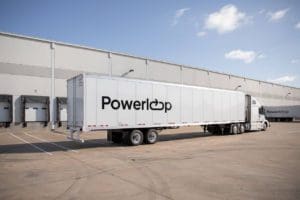 Uber Technologies continues to look at new ways to expand its footprint in the trucking industry. The company is set to announce a new division called Powerloop, a new tractor-trailer rental service aimed at helping big-rig truckers haul freight around the country. Powerloop will connect small and medium-sized carriers with fully filled trailers from businesses such as brewer Anheuser-Busch InBev SA. Uber has leased hundreds of trailers from an undisclosed company and is renting them to carriers for $25 a day, planning to profit from the difference. Uber will begin testing Powerloop in Texas, with plans to expand to other parts of the country.
Uber Technologies continues to look at new ways to expand its footprint in the trucking industry. The company is set to announce a new division called Powerloop, a new tractor-trailer rental service aimed at helping big-rig truckers haul freight around the country. Powerloop will connect small and medium-sized carriers with fully filled trailers from businesses such as brewer Anheuser-Busch InBev SA. Uber has leased hundreds of trailers from an undisclosed company and is renting them to carriers for $25 a day, planning to profit from the difference. Uber will begin testing Powerloop in Texas, with plans to expand to other parts of the country.
 Yamato Holdings Co. announced it has agreed to jointly develop an unmanned cargo aircraft with US-based Bell Helicopter Textron Inc. The goal of the partnership is to develop and launch a “flying truck” by the mid-2020s. Yamato will be responsible for developing the cargo container while Bell will develop the body of the autonomous aircraft. The two companies have said that the vehicle will be able to carry nearly 1,000 pounds at nearly 100 miles per hour. Additionally, the flying truck will be able to take off and land vertically while cruising horizontally. This could go a long way in easing the issue of a depleted delivery workforce, and certainly makes for an ambitious plan.
Yamato Holdings Co. announced it has agreed to jointly develop an unmanned cargo aircraft with US-based Bell Helicopter Textron Inc. The goal of the partnership is to develop and launch a “flying truck” by the mid-2020s. Yamato will be responsible for developing the cargo container while Bell will develop the body of the autonomous aircraft. The two companies have said that the vehicle will be able to carry nearly 1,000 pounds at nearly 100 miles per hour. Additionally, the flying truck will be able to take off and land vertically while cruising horizontally. This could go a long way in easing the issue of a depleted delivery workforce, and certainly makes for an ambitious plan.
 A new study has indicated that a warming globe will result in a barley shortage in the coming years. The result will be a beer shortage which will drive up prices. In a report in Nature Plants, researchers in China, Britain, and the US say that by the end of the century, drought and heat could hurt barley crops enough to cause a serious shortage. This could result in at least a 20 percent drop in the beer supply or doubling of prices over the next 80 years. According to the researchers, only 17 per cent of the barley produced in the world is used in brewing, as the majority is harvested as feed for livestock. Maybe beer drinkers worldwide can convince the animals to give up some of their food for the greater good.
A new study has indicated that a warming globe will result in a barley shortage in the coming years. The result will be a beer shortage which will drive up prices. In a report in Nature Plants, researchers in China, Britain, and the US say that by the end of the century, drought and heat could hurt barley crops enough to cause a serious shortage. This could result in at least a 20 percent drop in the beer supply or doubling of prices over the next 80 years. According to the researchers, only 17 per cent of the barley produced in the world is used in brewing, as the majority is harvested as feed for livestock. Maybe beer drinkers worldwide can convince the animals to give up some of their food for the greater good.
 And finally, the expansion of Panama Canal has resulted in record breaking tonnage moving through the waterway. The Panama Canal closed its 2018 fiscal year with a record tonnage of 442.1 million Panama Canal tons (PC/UMS), a 9.5 percent increase from the previous year. The canal surpassed the cargo projections of 429.4 million PC/UMS tons for FY 2018, as well as the 403.8 million PC/UMS tons registered in FY 2017. According to the Panama Canal Authority (ACP), the increase was driven by the transit of liquefied petroleum gas (LPG) and liquefied natural gas (LNG) carriers, containerships, chemical tankers and vehicle carriers.
And finally, the expansion of Panama Canal has resulted in record breaking tonnage moving through the waterway. The Panama Canal closed its 2018 fiscal year with a record tonnage of 442.1 million Panama Canal tons (PC/UMS), a 9.5 percent increase from the previous year. The canal surpassed the cargo projections of 429.4 million PC/UMS tons for FY 2018, as well as the 403.8 million PC/UMS tons registered in FY 2017. According to the Panama Canal Authority (ACP), the increase was driven by the transit of liquefied petroleum gas (LPG) and liquefied natural gas (LNG) carriers, containerships, chemical tankers and vehicle carriers.
 Want to learn about the benefits of building a digital supply chain? Register now for a free webinar on Wednesday, October 24 where ARC Advisory Group’s Clint Reiser and Amber Road’s Ty Bordner will discuss a high-level approach to implement a global supply chain digital execution platform; strategy for gaining complete end-to-end visibility and actionable control; the benefits of collaboration, automation, and analytics that are possible; and success stories of companies that have moved to a digital supply chain.
Want to learn about the benefits of building a digital supply chain? Register now for a free webinar on Wednesday, October 24 where ARC Advisory Group’s Clint Reiser and Amber Road’s Ty Bordner will discuss a high-level approach to implement a global supply chain digital execution platform; strategy for gaining complete end-to-end visibility and actionable control; the benefits of collaboration, automation, and analytics that are possible; and success stories of companies that have moved to a digital supply chain.
That’s all for this week. Enjoy the weekend and the song of the week, Paint It Black by the Rolling Stones.





















